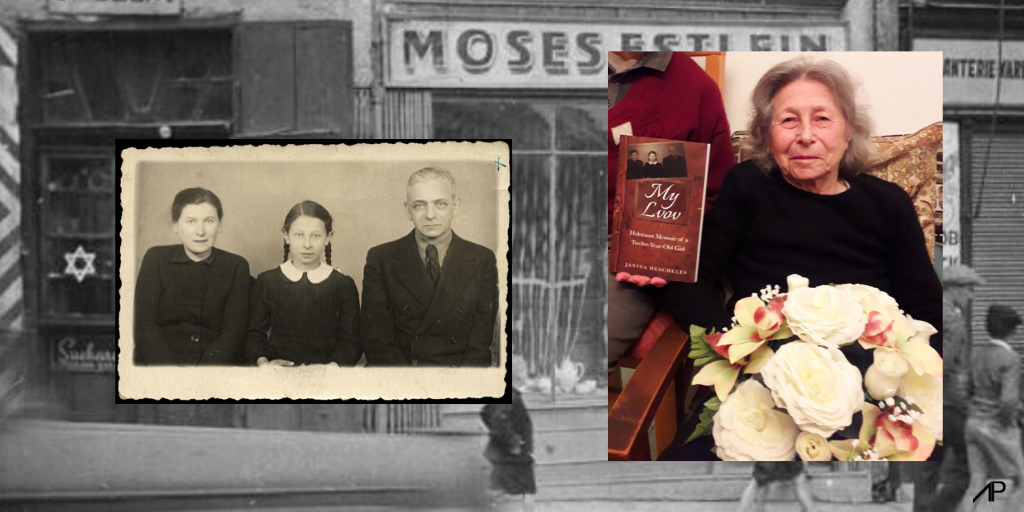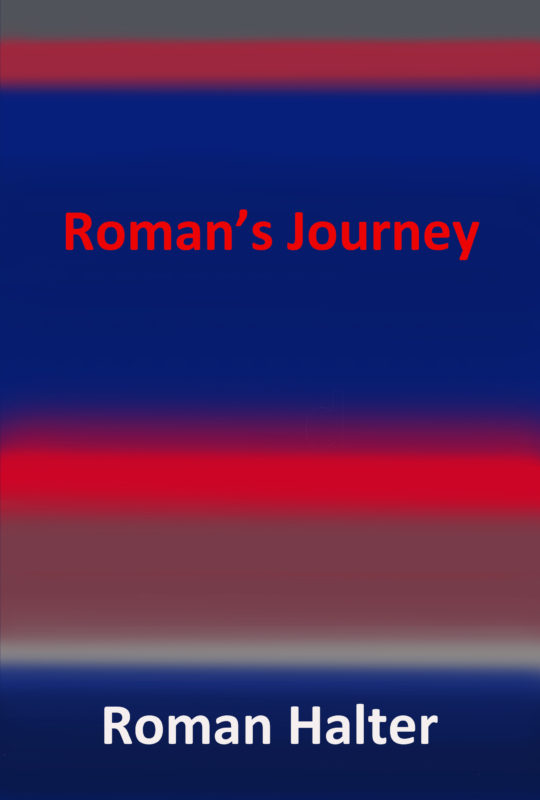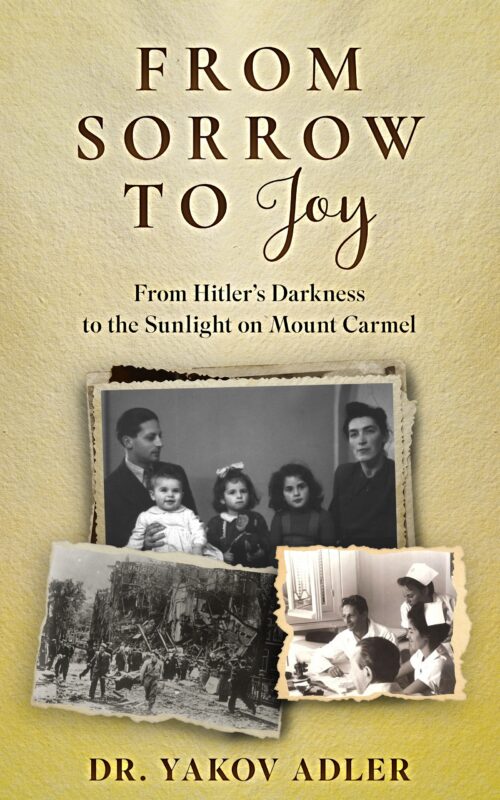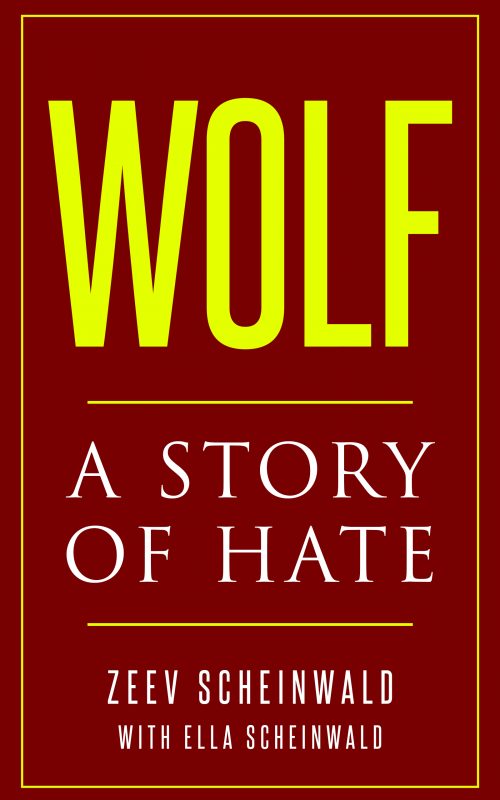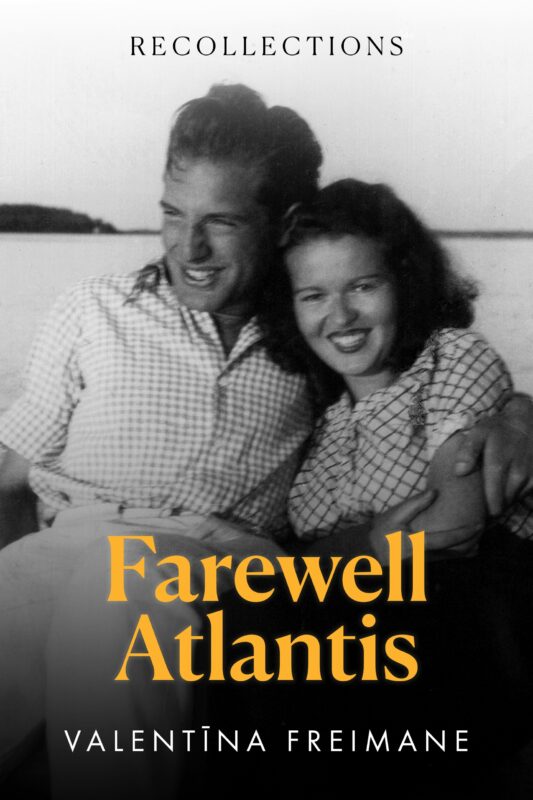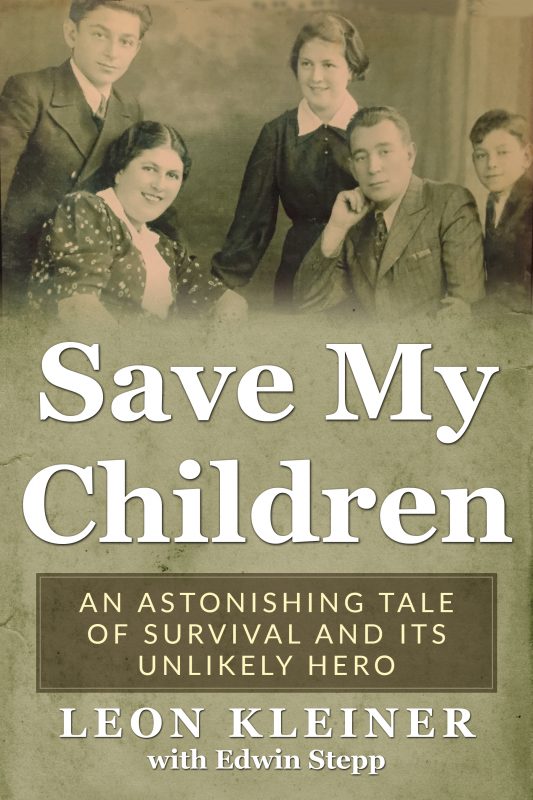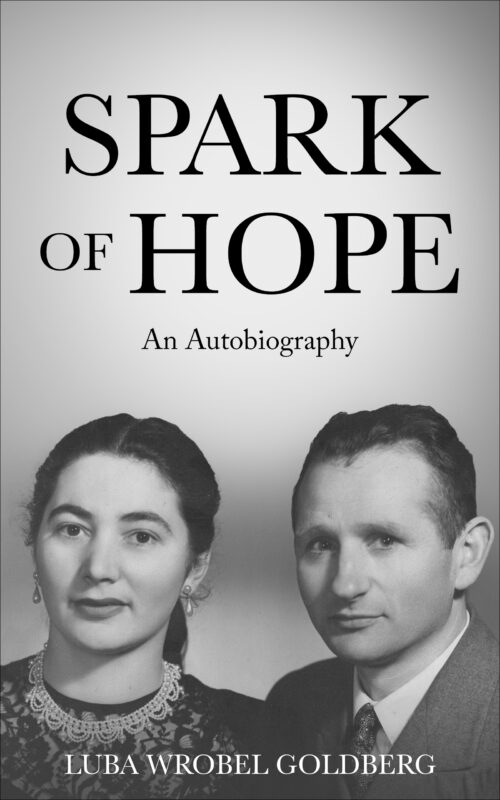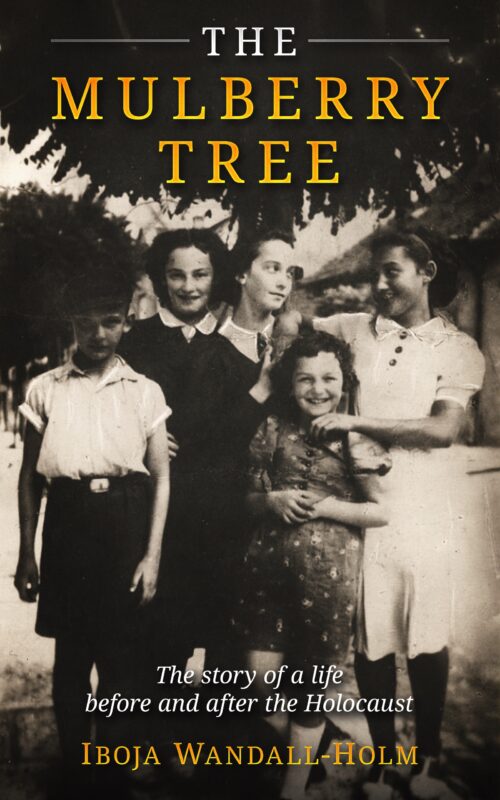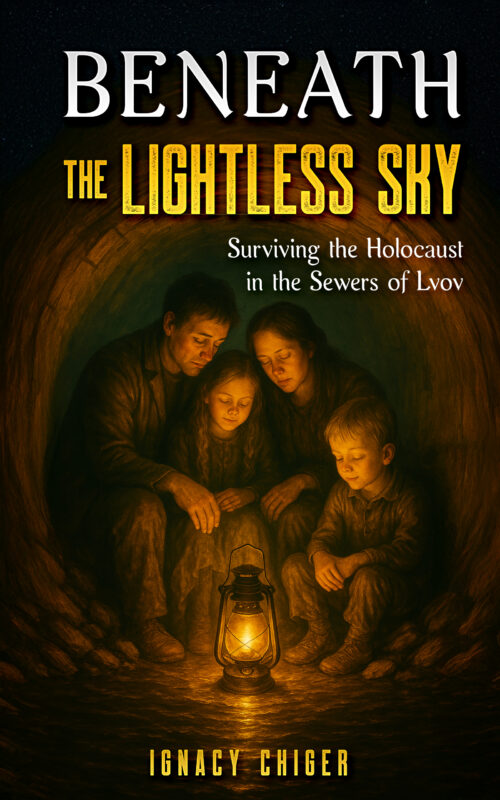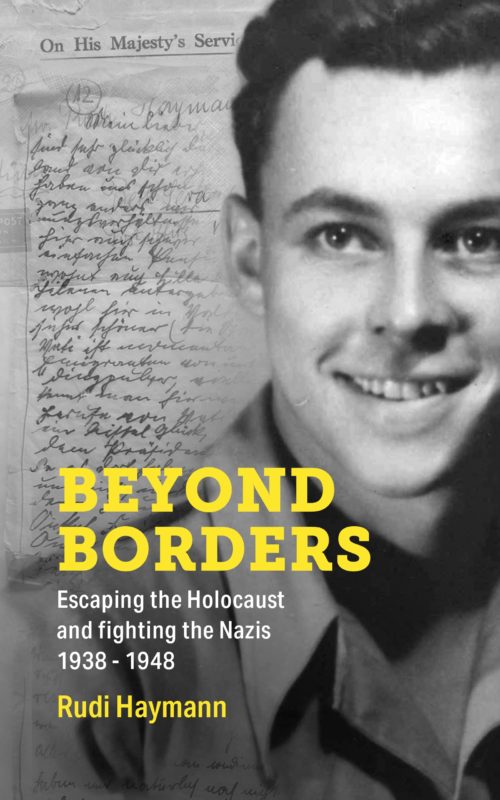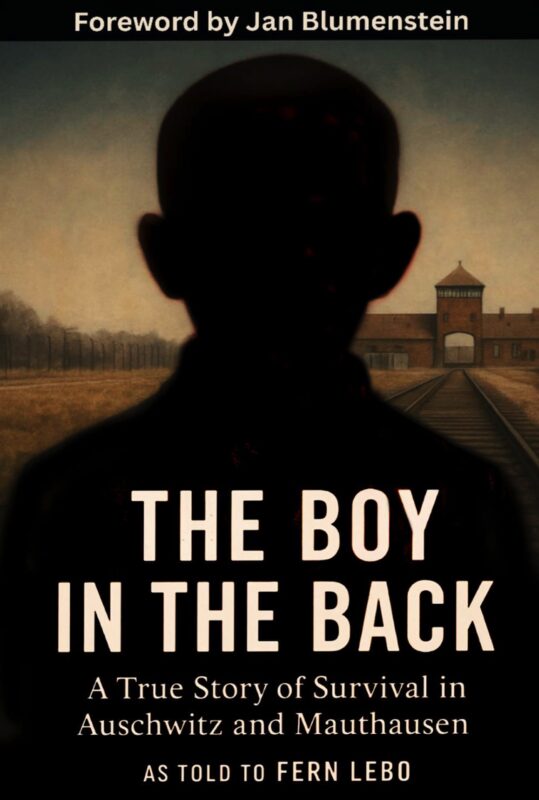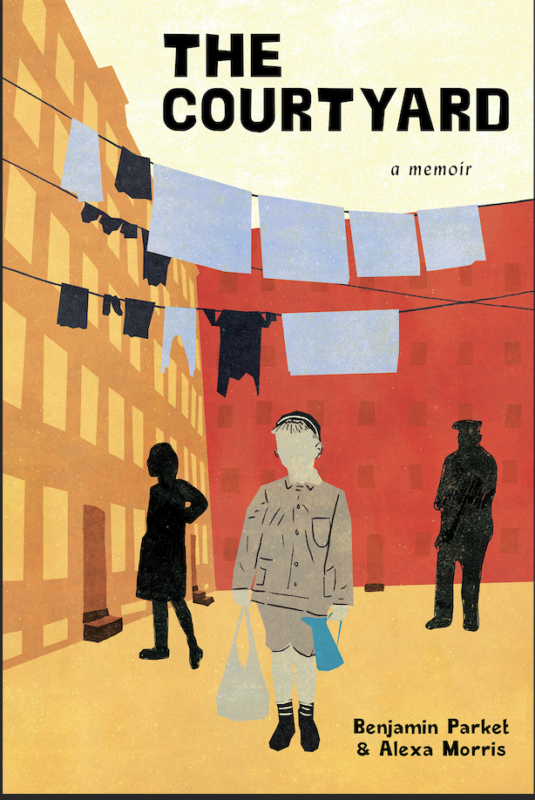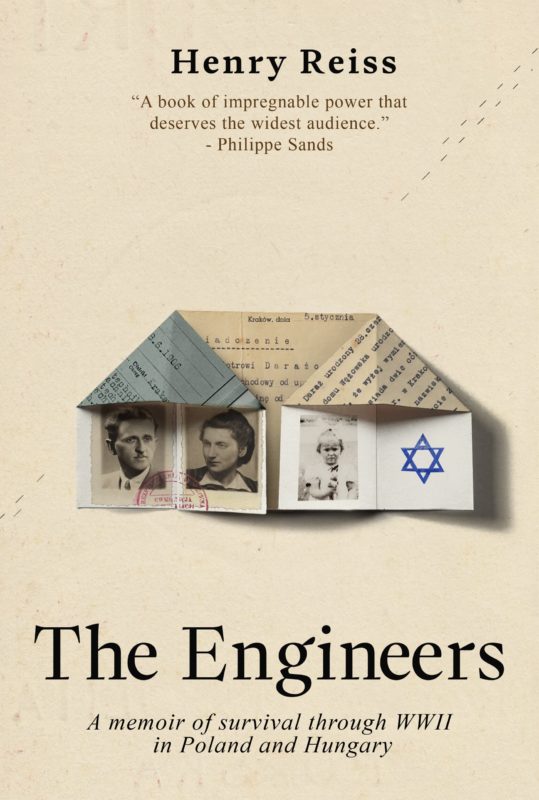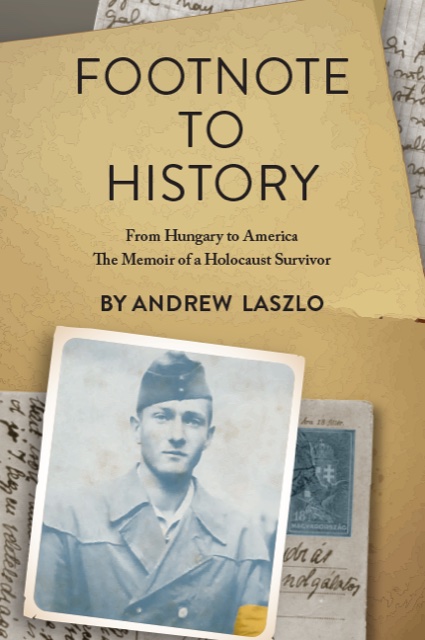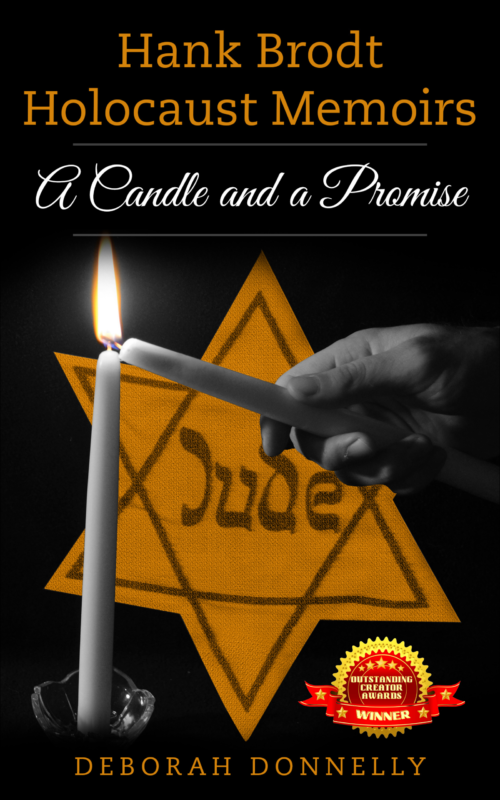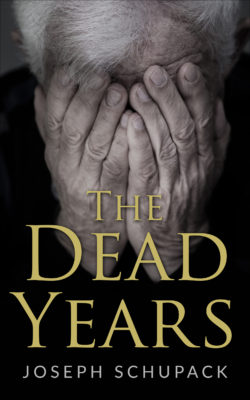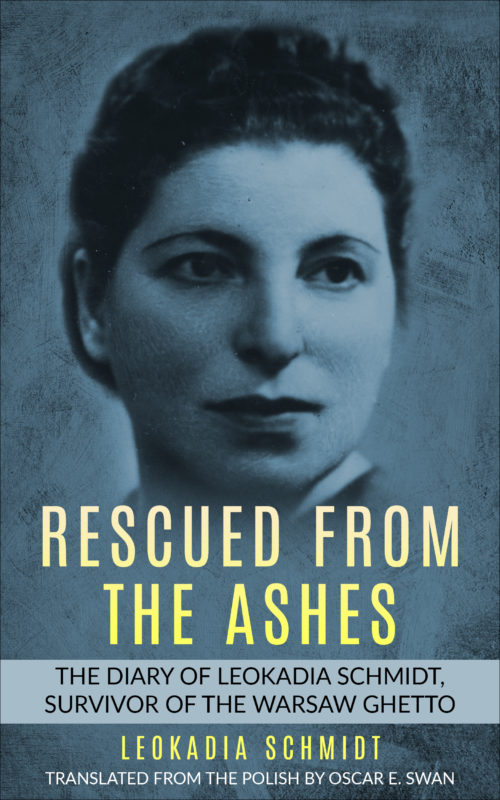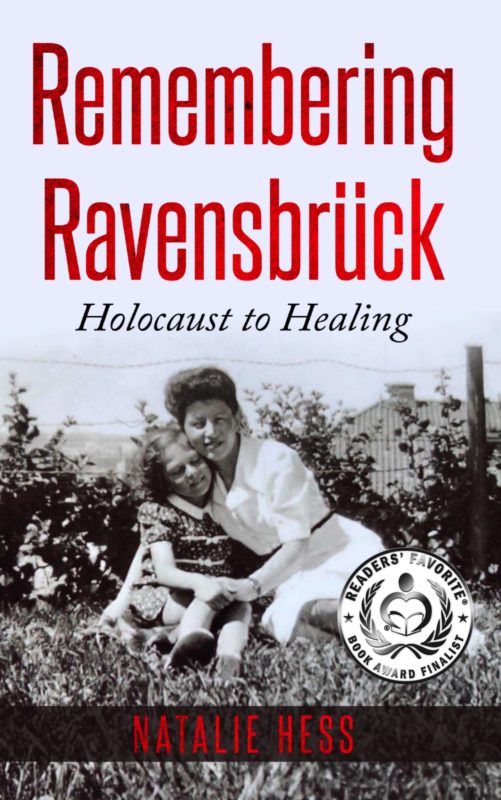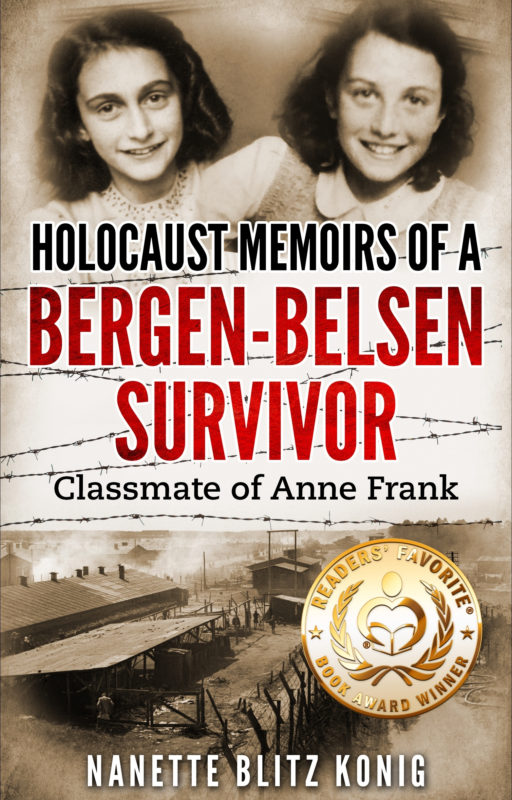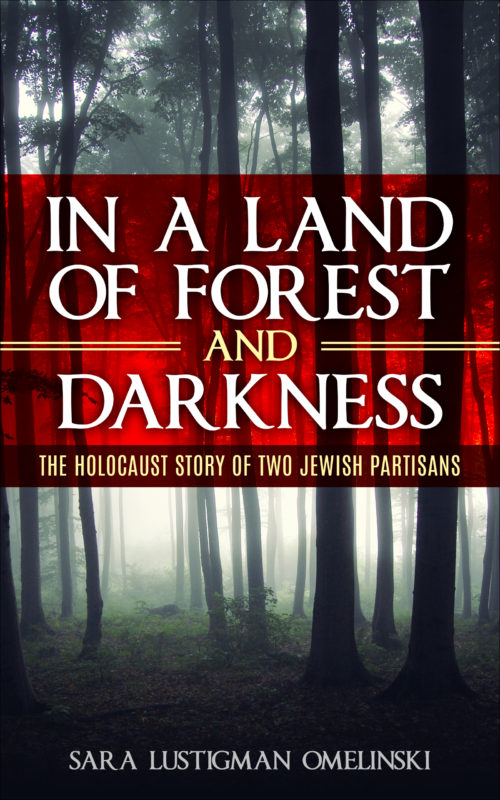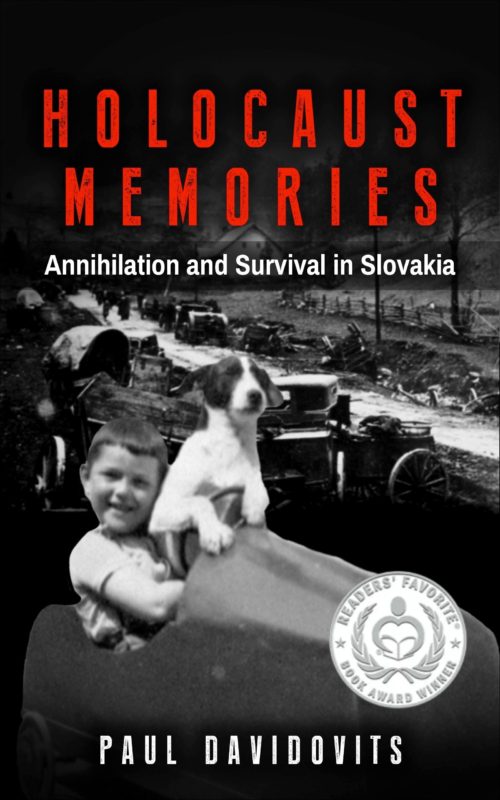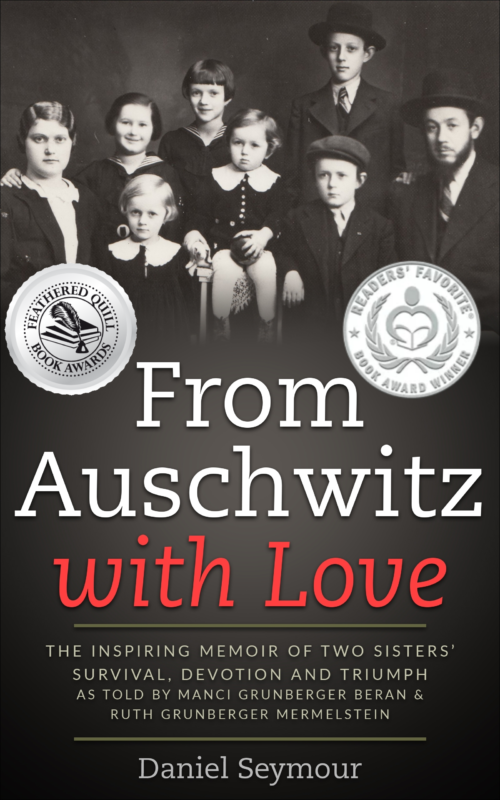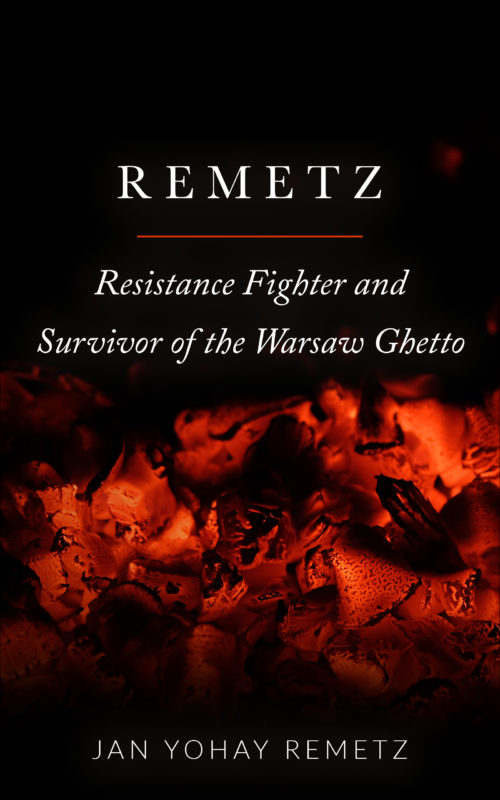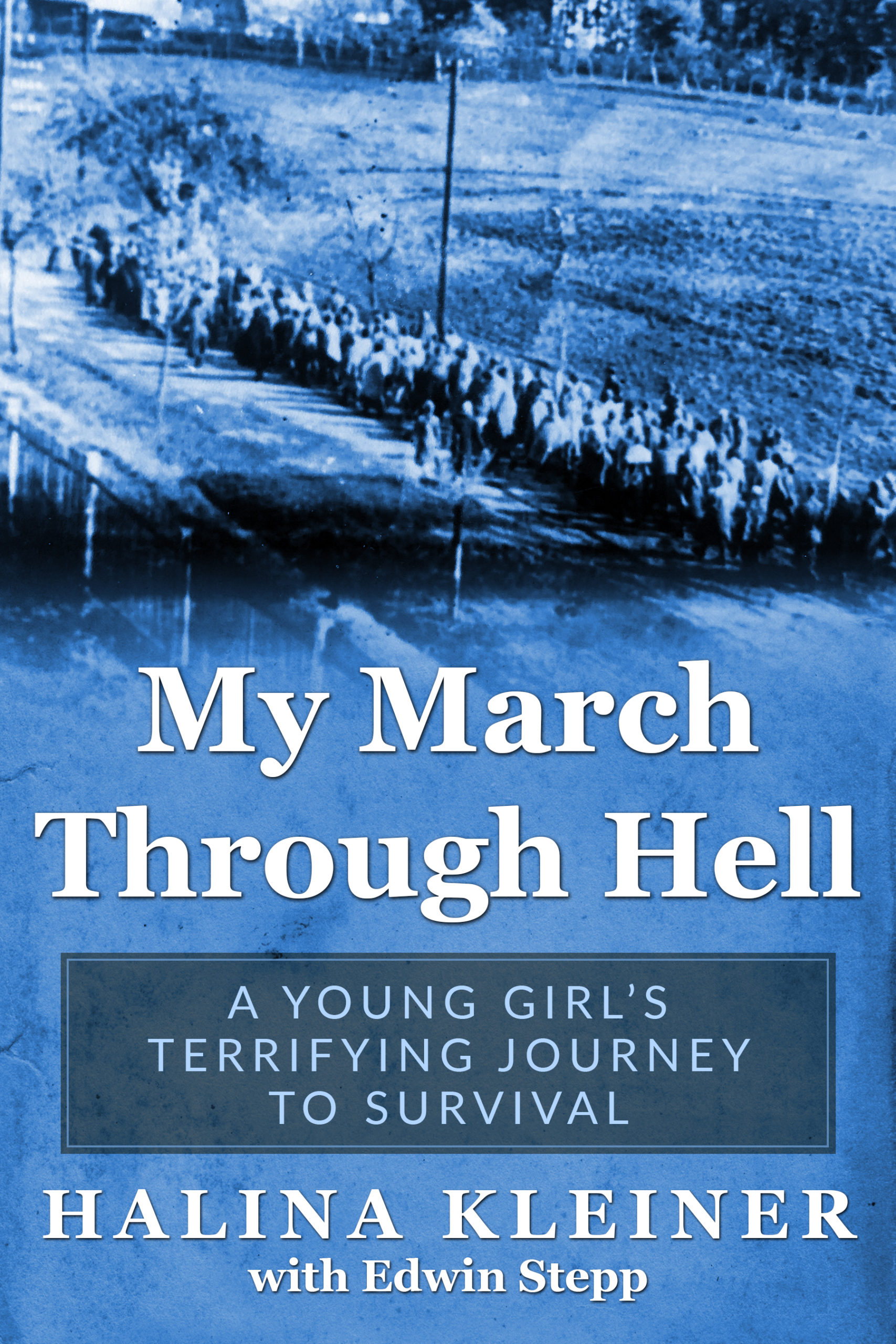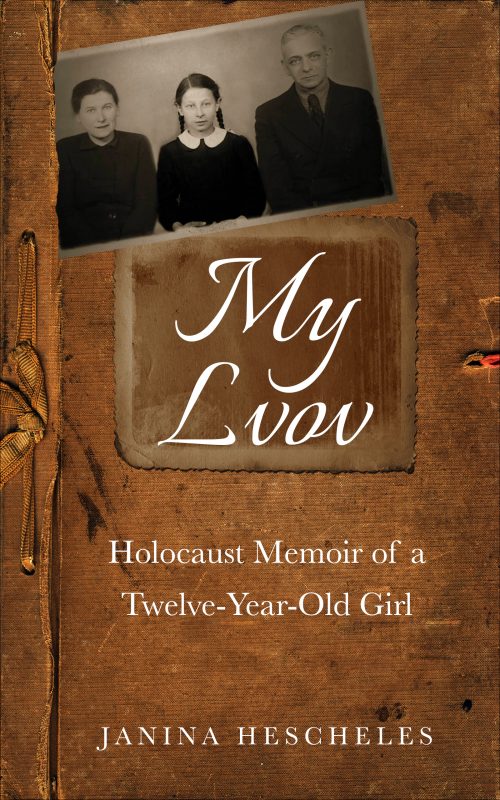
Account of the Holocaust in Lvov by a twelve-year-old girl
“… one of the most unique documents to appear after the Holocaust.” - Ilana Dayan, Galei Tsahal Radio Station, Jerusalem
While still a twelve-year-old girl, Janina Hescheles wrote this report from her hiding place in Cracow. The grey notebook, filled with clear childlike writing, was fortunately preserved. She tells about the German occupation of Lvov, the loss of her parents, the Ghetto and mass murder in the notorious forced-labor camp Janowska in Lvov. Thrown into the abyss of horror, Janina understood and sensed more than could be expected of someone her age.
After the destruction by the Nazis of the Jewish ghetto in Lvov with all its inmates in 1943, Janina, who had been outside of the ghetto slips into the German Army Workshops (where Army uniforms were being sewn) in the Janowski concentration camp. This is the only place where fellow Jews could be found.
She finds, aside from the Nazi bestiality, human kindness and solidarity. At one time, she is even offered a hard-boiled egg by a woman who doesn’t have too much to eat herself. In the municipal baths, where they are taken to shower in order to prevent typhus into the camp workshops, the bigger and stronger women always make place for her under the over-crowded showers. Polish women risk their lives to help this Jewish girl to escape from the camp before its liquidation.
Marianska, an activist of Zegota (the Polish ‘Jewish Aid’ underground) who wrote the introduction to Janina’s memoirs, writes of Janina’s offer to “help” in the resistance movement, or to buy and hide a half-liter bottle of gasoline to throw at enemy tanks – the offers were refused.
With the help of the Underground she managed to escape in the autumn 1943, shortly before the liquidation of the camp, and lived in occupied Poland with false papers and identity until the end of the war.
Janina has given the world a moving and important report that has been presented here in its entirety.
Towards the end of war Janina learns to ski while in an orphanage in Poronin, in the Tatra foothills. After falling into the snow she writes “Life is worth living, because the world is wonderful.”
“… one of the most unique documents to appear after the Holocaust.” – Ilana Dayan, Galei Tsahal Radio Station, Jerusalem
RELEASED ON INTERNATIONAL HOLOCAUST REMEMBRANCE DAY, 27 January 2020

